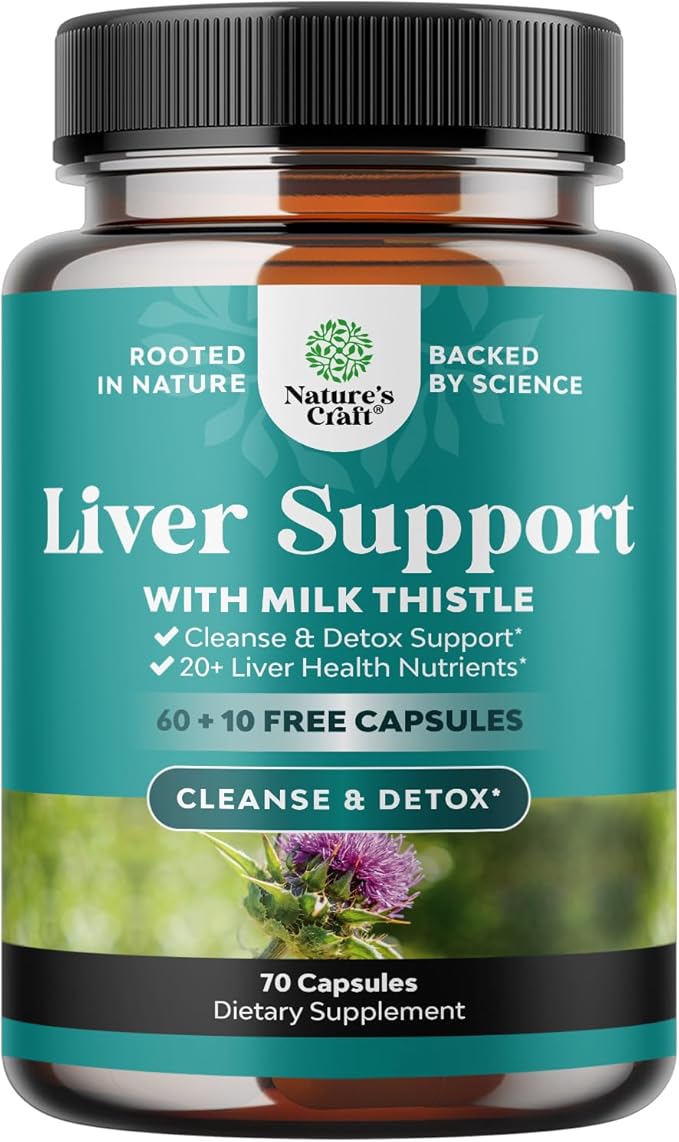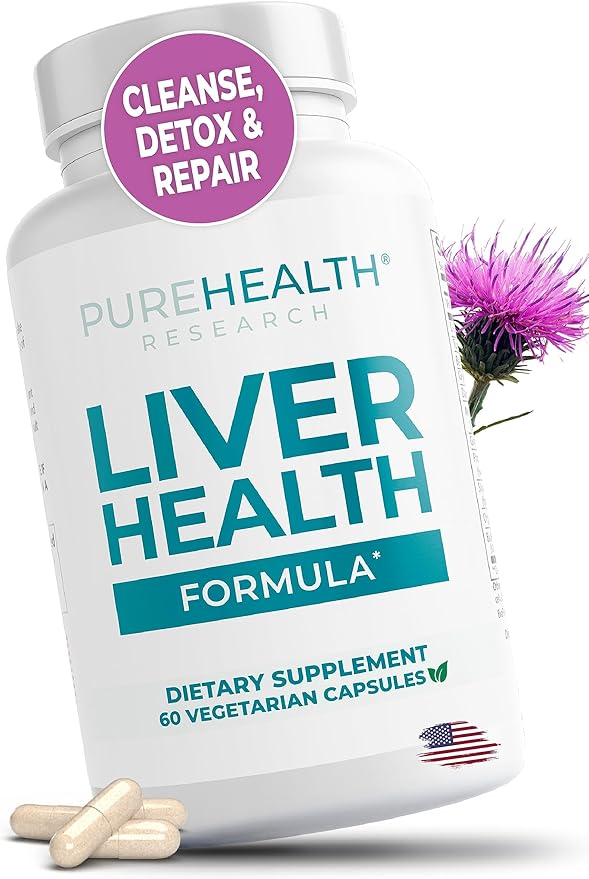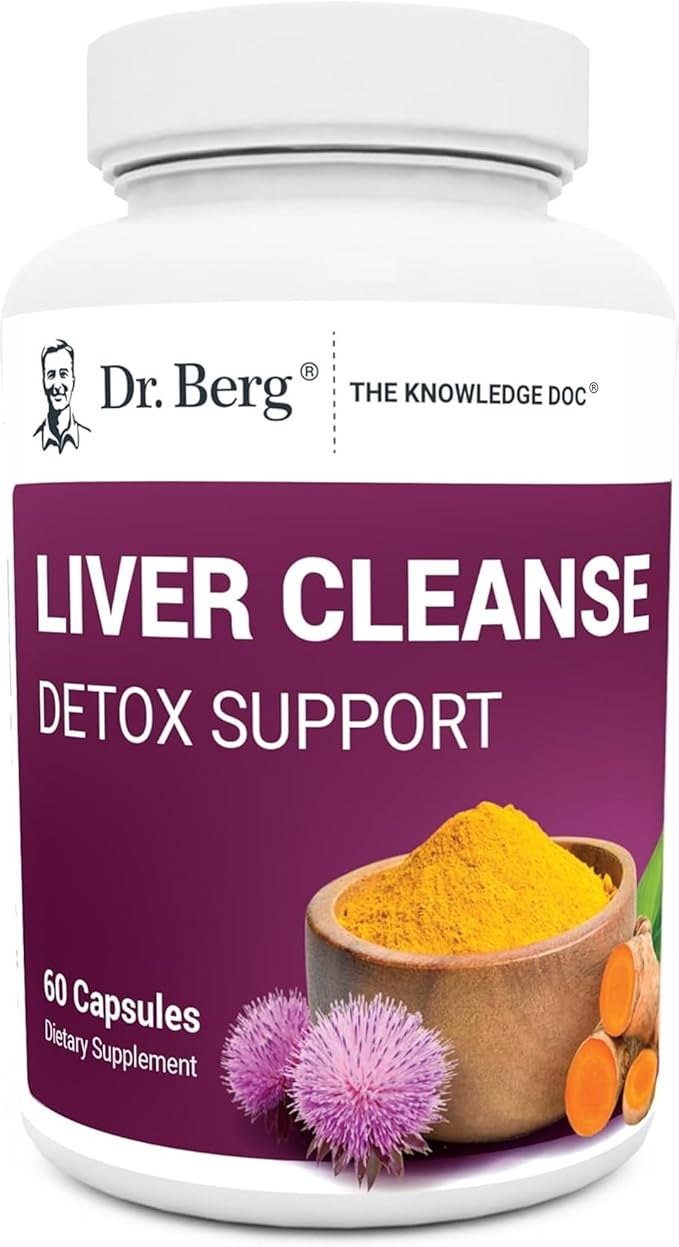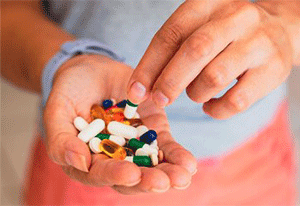The liver is one of the most vital organs in the human body, responsible for numerous essential functions, including detoxification, protein synthesis, and the production of biochemicals necessary for digestion. Unfortunately, the liver is also susceptible to damage from a variety of factors. Understanding what destroys the liver can help individuals make informed lifestyle choices to protect this crucial organ.
Other Topics You Might Like
Helpful Products You Might Like

Liver Cleanse Detox & Repair Formula with Milk Thistle

Liver Health – Liver Cleanse Detox & Repair with Artichoke

Dr. Berg Liver Cleanse Detox Capsules
"(Paid Links)" 
Alcohol Consumption
Although alcohol is the most widespread of the liver poisons, chronic drinking can lead to a variety of alcohol-related liver diseases, including fatty liver, alcoholic hepatitis, and eventually liver cirrhosis. The liver processes alcohol, and excessive amounts of alcohol can lead to hepatic inflammation, fat accumulation, and necrosis in the liver as well as fibrosis scarring of the liver. Let it be mentioned that the excessive limit that can beer or whiskey enthusiasts can tolerate may be quite different with respect to the individual. However, the effects of binge drinking or chronically drinking in excess of the recommendations for moderate drinking are known to be detrimental to health.

Non-Alcoholic Fatty Liver Disease (NAFLD).
The incidence of NAFLD has significantly increased since the last decade, probably parallel with the wave of obesity and its sedentary lifestyle. It occurs in people who consume very little or no alcohol, but it is most common in people whose livers deposit fats. Predisposing factors include obesity and its insulin resistant state, hyperlipidemia, and diabetes mellitus. NAFLD can be advanced to a more severe form, NASH, that can progress to liver fibrosis, cirrhosis, and hepatocellular carcinoma. These are largely dietary and due to lack of exercise.
Viral Hepatitis
Infective hepatitis viruses, especially of types B and C, are major causes of liver-related damage across the globe. These viruses cause ongoing inflammation that leads to liver cirrhosis and predisposes the individual to cancer of the liver. Hepatitis B is usually spread through sexual activity or childbirth from mother to child, but C is mainly transmitted through blood. A hepatitis B vaccine exists so it can be prevented, but caution should be exercised to prevent chances of contracting Hepatitis C.
Medications and Toxins

Some prescribed drugs and toxins in the environment can also cause damage to the liver. Taking over-the-counter pain relief, such as acetaminophen in large doses, has been shown to affect the liver. Other medications, including echinococcosis treatment and some cholesterol drugs, might have significant hepatotoxic effects. In the same regard, exposure to toxins such as solvents, metallic toxins and others can also be a cause of liver injury. Taking direct instructions and cautions when starting a medication is good practice.
Unhealthy Diet
Liver damage can also occur in the long run due to too much refined carbohydrates and sugars which are highly toxic for the liver. Foods that have high levels of trans fat and refined and simple carbohydrate contents promote fat deposition in the liver, which predisposes the body to NAFLD.

Sedentary Lifestyle
Physical inactivity is another major factor contributing to liver disease. Regular exercise helps maintain a healthy weight and improves insulin sensitivity, reducing the risk of NAFLD and other liver-related conditions. Even moderate physical activity can have significant benefits for liver health.
